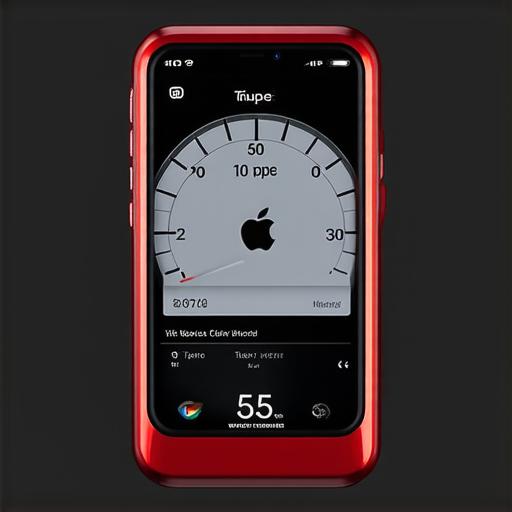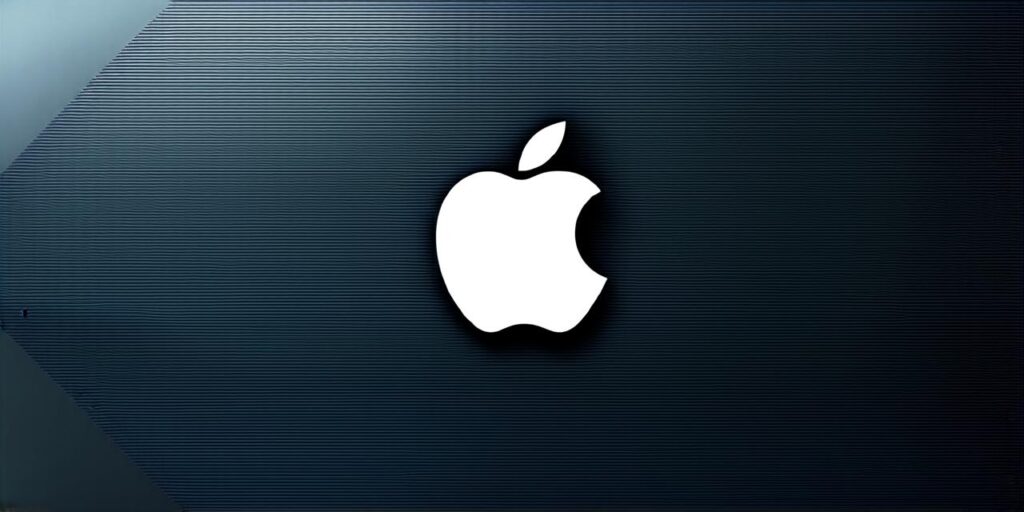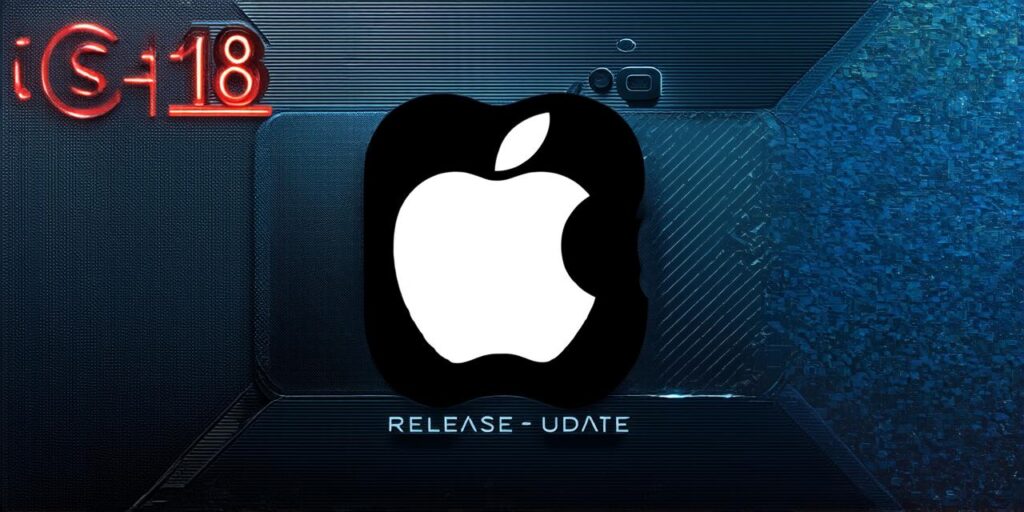Are you experiencing slow performance on your iOS 18 device? You’re not alone. Many iOS developers are reporting similar issues with the latest version of Apple’s mobile operating system. In this article, we will explore some of the reasons why iOS 18 might be running slow and provide quick fixes to help speed up your device.
Slow Performance in iOS 18: What’s Going On?
There are several factors that could contribute to slow performance on an iOS device, including outdated software, full storage, too many apps open at once, and hardware issues. However, there are a few specific reasons why iOS 18 might be running slower than previous versions:
Outdated Software
One of the most common causes of slow performance in iOS devices is outdated software. This means that you may have an older version of the operating system installed on your device, which could lead to compatibility issues with new apps and features. To avoid this problem, it’s important to keep your iOS software up-to-date by regularly checking for updates and installing them as soon as they become available.
Large Apps
Another reason why iOS 18 might be running slow is because of the size of your apps. If you have a lot of large, resource-intensive apps installed on your device, this could be slowing down your device’s performance. To fix this problem, consider deleting some of your less frequently used apps or moving them to an external hard drive if you don’t have enough storage space on your device.

Background Apps
Having too many apps open in the background can also slow down your device’s performance. This is because each app uses resources like CPU and RAM, which can quickly become overwhelmed if there are too many apps running at once. To fix this problem, close any apps that you’re not currently using or consider disabling background app refresh for certain apps to conserve resources.
Hardware Issues
Finally, hardware issues like low memory or a slow processor can also contribute to slow performance in iOS devices. If you suspect that your device’s hardware is the culprit, it may be time to consider upgrading to a newer model with more advanced specifications.
Quick Fixes for Slow Performance in iOS 18
Now that we’ve identified some of the reasons why iOS 18 might be running slow let’s take a look at some quick fixes that can help speed up your device:
Disable unnecessary features
One of the easiest ways to improve performance on an iOS device is to disable unnecessary features. For example, if you don’t need location services or background app refresh for certain apps, consider disabling these features to conserve resources. You can do this by going to Settings > Privacy and turning off Location Services or going to Settings > General > Background App Refresh and turning it off for specific apps.
Clear up storage space
Another way to improve performance on an iOS device is to clear up some of the storage space. This can be done by deleting unnecessary files, photos, and videos from your device’s internal storage or moving them to an external hard drive if you have one. You can also disable iCloud Photo Library to free up more storage space on your device.
Update iOS software
As we mentioned earlier, outdated software can contribute to slow performance in iOS devices. To fix this problem, make sure that you’re running the latest version of iOS by regularly checking for updates and installing them as soon as they become available.
Use a lightweight launcher
If you’re looking for a way to speed up app launches on your iOS device, consider using a lightweight launcher like Launchy or Fast App Launcher. These launchers allow you to quickly access your most frequently used apps without having to navigate through multiple menus, which can help save time and improve performance.



